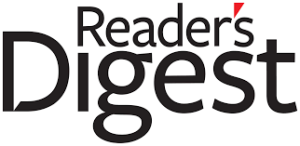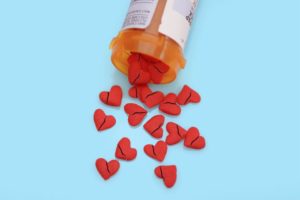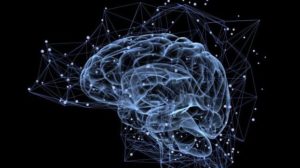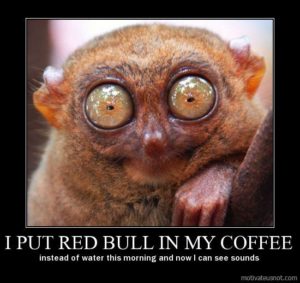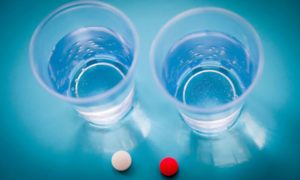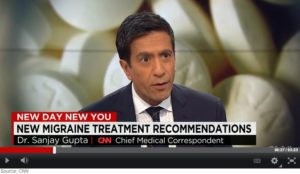You know that something’s popular when it pops up in the Reader’s Digest. This article comments on the “growing scientific interest in the placebo effect”, and notes:
Because placebos are believed to work only on condition of expectation of positive relief, they were considered to be good only for psychosomatic ailments and not real physical ailments.
But this does not seem to be borne out by recent studies, nor by years of experience of many people around the world. Placebos have been shown to result in the real cure of physical ailments such as a broken heel or torn ligament, not only psychological ones.


